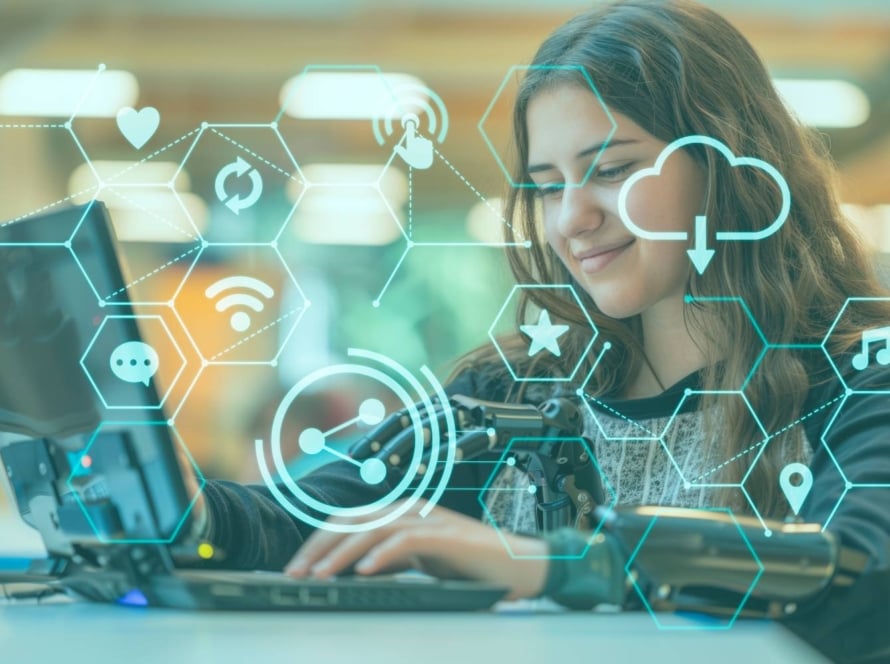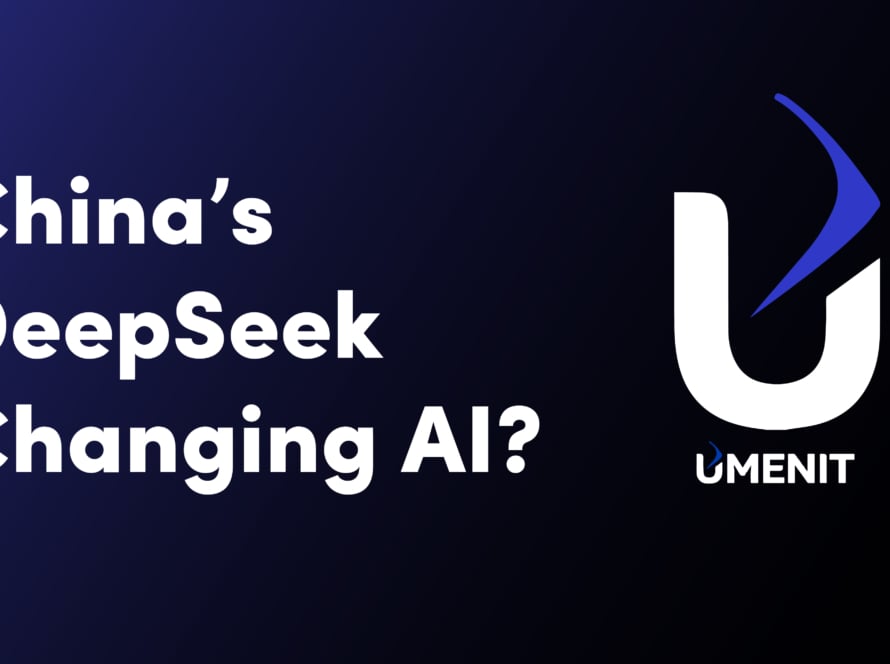In today’s digital age, Artificial Intelligence (AI) in education is transforming how students learn, ensuring that no one is left behind.
From personalized learning to adaptive assessments, AI is making education more accessible and inclusive.
As the world embraces EdTech innovations, the focus is shifting toward creating an equitable learning environment where students of all backgrounds, abilities, and learning styles can thrive.
AI-Powered Personalized Learning
One of the most significant advantages of AI in education is its ability to tailor learning experiences to individual students.
Traditional classrooms follow a one-size-fits-all approach, but AI-driven personalized learning adapts to a student’s pace, strengths, and weaknesses.
Intelligent tutoring systems analyze student performance in real-time, providing customized recommendations and targeted resources to help them succeed.
Breaking Language and Accessibility Barriers
Inclusive learning means making education accessible to everyone, including those with disabilities or language barriers.
AI-powered tools like speech-to-text transcription, real-time language translation, and text-to-speech assistance help students with hearing impairments, dyslexia, or non-native language backgrounds access the same quality education as their peers.
AI-powered accessibility solutions ensure that learning is not limited by physical or linguistic challenges.
AI and Adaptive Assessments
Traditional testing methods often fail to measure a student’s true capabilities.
AI-driven adaptive assessments change that by evaluating students based on their unique learning patterns.
Instead of a rigid grading system, AI dynamically adjusts the difficulty of questions based on performance, giving educators a better understanding of each student’s strengths and areas that need improvement.
This ensures fairer evaluations and enhances learning outcomes.
AI Tutors and Virtual Classrooms
With the rise of AI-powered virtual classrooms, students worldwide can receive high-quality education regardless of geographical constraints.
AI tutors provide instant feedback, answer queries, and assist students in subjects where they struggle the most.
This is especially beneficial for students in remote areas or those who lack access to experienced teachers.
AI in EdTech is leveling the playing field by ensuring that every student gets the support they need.
Reducing Educational Bias with AI
Bias in education has long been a challenge, whether in grading, teacher-student interactions, or access to opportunities.
AI-driven systems are helping to eliminate these biases by providing data-driven insights, objective grading, and equal opportunities for all learners.
By relying on algorithms instead of human subjectivity, AI is making education fairer and more inclusive.
The Future of AI in Inclusive Education
The potential of AI-powered learning solutions is limitless.
As AI continues to evolve, we can expect more sophisticated tools that address different learning disabilities, bridge knowledge gaps, and provide equal learning opportunities for students worldwide.
The future of inclusive education lies in AI-driven adaptive learning, ensuring that education is accessible, engaging, and tailored to every learner’s needs.
Final Thoughts
The integration of AI in education is revolutionizing learning, making it more inclusive, personalized, and accessible.
EdTech innovations are paving the way for a future where education is truly fair for all.
As AI continues to advance, its role in bridging educational gaps will only become more significant, shaping a world where every student has the opportunity to learn and succeed.
Are you ready to embrace AI-powered education? Let’s build a future where learning is for everyone!



